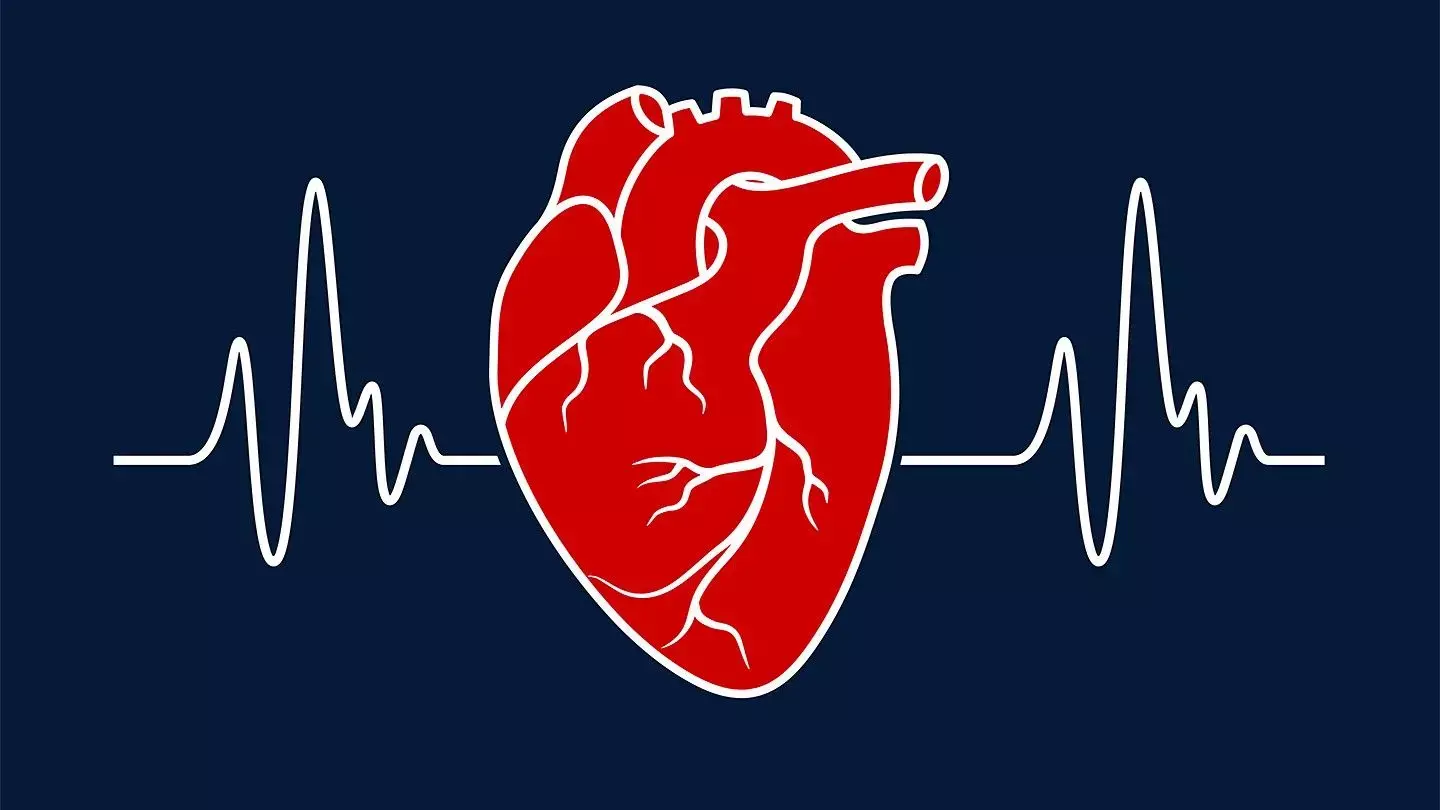- Home
- Medical news & Guidelines
- Anesthesiology
- Cardiology and CTVS
- Critical Care
- Dentistry
- Dermatology
- Diabetes and Endocrinology
- ENT
- Gastroenterology
- Medicine
- Nephrology
- Neurology
- Obstretics-Gynaecology
- Oncology
- Ophthalmology
- Orthopaedics
- Pediatrics-Neonatology
- Psychiatry
- Pulmonology
- Radiology
- Surgery
- Urology
- Laboratory Medicine
- Diet
- Nursing
- Paramedical
- Physiotherapy
- Health news
- Fact Check
- Bone Health Fact Check
- Brain Health Fact Check
- Cancer Related Fact Check
- Child Care Fact Check
- Dental and oral health fact check
- Diabetes and metabolic health fact check
- Diet and Nutrition Fact Check
- Eye and ENT Care Fact Check
- Fitness fact check
- Gut health fact check
- Heart health fact check
- Kidney health fact check
- Medical education fact check
- Men's health fact check
- Respiratory fact check
- Skin and hair care fact check
- Vaccine and Immunization fact check
- Women's health fact check
- AYUSH
- State News
- Andaman and Nicobar Islands
- Andhra Pradesh
- Arunachal Pradesh
- Assam
- Bihar
- Chandigarh
- Chattisgarh
- Dadra and Nagar Haveli
- Daman and Diu
- Delhi
- Goa
- Gujarat
- Haryana
- Himachal Pradesh
- Jammu & Kashmir
- Jharkhand
- Karnataka
- Kerala
- Ladakh
- Lakshadweep
- Madhya Pradesh
- Maharashtra
- Manipur
- Meghalaya
- Mizoram
- Nagaland
- Odisha
- Puducherry
- Punjab
- Rajasthan
- Sikkim
- Tamil Nadu
- Telangana
- Tripura
- Uttar Pradesh
- Uttrakhand
- West Bengal
- Medical Education
- Industry
Systolic Heart Failure associated with Higher Mortality Among Patients Undergoing TAVR

A recent study published in the Current Problems in Cardiology have shed light on the worse outcomes in heart failure patients who undergo transcatheter aortic valve replacement (TAVR). Michael Fatuyi and team conducted the study using the National Inpatient Sample (NIS), aimed to compare clinical outcomes in patients with systolic heart failure (SHF) versus diastolic heart failure (DHF) who underwent TAVR.
The analysis included a total of 106,815 patients admitted to acute care hospitals for TAVR, with 73% of them having a secondary diagnosis of heart failure. Among the heart failure patients, 41% had SHF while 59% had DHF. The results revealed notable differences between the two groups.
Patients with SHF were found to be older, predominantly male, and more likely to be of white ethnicity. Importantly, the study showed that patients with SHF experienced worse cardiovascular outcomes compared to those with DHF. The SHF group had higher in-hospital mortality rates (1.75% vs. 1.14%), a greater incidence of cardiac arrest (1.31% vs. 0.81%), non-ST elevation myocardial infarction (2.52% vs. 1.0%), respiratory failure (10.87% vs. 8.01%), and cardiogenic shock (3.94% vs. 1.14%).
Additionally, the study found that patients with SHF required longer hospital stays (5.1 days vs. 3.9 days) and incurred higher average hospital costs ($52,901 vs. $48,070) compared to those with DHF. These findings highlight the increased burden on healthcare resources associated with treating SHF patients undergoing TAVR.
The implications of this research suggest that distinguishing between systolic and diastolic heart failure is essential for accurate prognosis and treatment planning in patients undergoing TAVR. Recognizing the distinct outcomes and resource utilization patterns can aid healthcare providers in delivering personalized care to heart failure patients undergoing this procedure.
The researchers emphasized the importance of further research and potential interventions to improve outcomes in patients with systolic heart failure. These findings contribute to a better understanding of the nuances within the heart failure population and can guide healthcare professionals in optimizing care strategies for TAVR patients.
Reference:
Fatuyi, M., Akinti, S., Otulani, B., MD, N. A., Ansari, A., Al-Amoodi, M., Chung, E. S., & shemisa, K. (2023). Systolic Heart Failure is Associated with Higher Mortality Among Patients Undergoing Transcatheter Aortic Valve Replacement: A Nationwide Analysis. In Current Problems in Cardiology (p. 101936). Elsevier BV. https://doi.org/10.1016/j.cpcardiol.2023.101936
Neuroscience Masters graduate
Jacinthlyn Sylvia, a Neuroscience Master's graduate from Chennai has worked extensively in deciphering the neurobiology of cognition and motor control in aging. She also has spread-out exposure to Neurosurgery from her Bachelor’s. She is currently involved in active Neuro-Oncology research. She is an upcoming neuroscientist with a fiery passion for writing. Her news cover at Medical Dialogues feature recent discoveries and updates from the healthcare and biomedical research fields. She can be reached at editorial@medicaldialogues.in
Dr Kamal Kant Kohli-MBBS, DTCD- a chest specialist with more than 30 years of practice and a flair for writing clinical articles, Dr Kamal Kant Kohli joined Medical Dialogues as a Chief Editor of Medical News. Besides writing articles, as an editor, he proofreads and verifies all the medical content published on Medical Dialogues including those coming from journals, studies,medical conferences,guidelines etc. Email: drkohli@medicaldialogues.in. Contact no. 011-43720751


